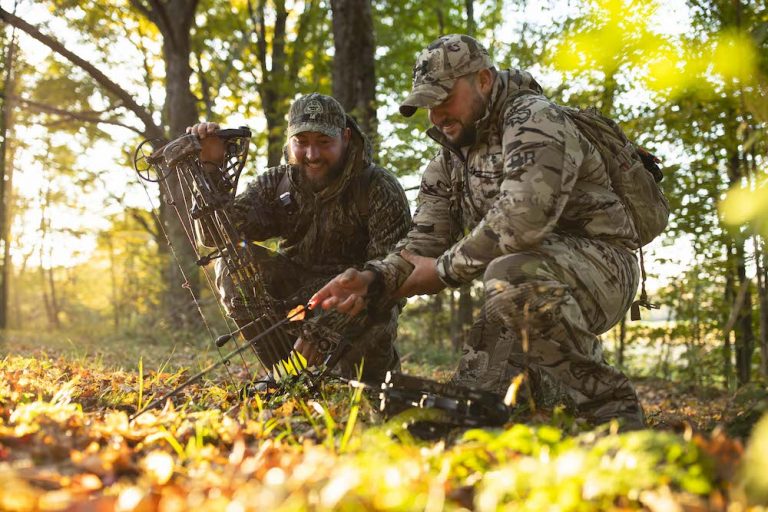Be an Example
Swapping stories is part of the archery shop experience. How you speak about your hunts and experiences influences customers. Speak kindly about fellow hunters and encounters with nonhunters. Demonstrate respect for the wildlife. If you’re sharing or posting photos, make sure that they’re tasteful. This kind of ethical attitude toward hunting will encourage people to do the same.
A new hunter might mess up due to lack of understanding. This could look like not fully extinguishing a campfire or showing a nonhunter a photo with a lot of blood on the animal. You don’t want to make customers feel uncomfortable, but find ways to educate about mistakes or misunderstandings. Encourage new hunters to take a hunter’s education course and always review the latest hunting regulations.
Ethics Benefit Everyone
The future of hunting depends on recruiting and retaining new hunters. Be part of this movement by creating hunters who care. Ethical hunters benefit everyone. Unfortunately, a few wrongdoers can make a big impact. This is particularly true with public perception. For example, if hunters leave litter at a campsite or purposefully create conflict with nonhunters, it can impact nonhunters’ views of all hunters. As you speak with customers, partner with influencers and share content on social media, be sure that strong ethics are present in every interaction.
Encourage Advocacy
Inspire customers to take part in advocacy efforts. Tell them about local cleanup and habitat restoration project volunteer days. Encourage them to become members of reputable wildlife conservation organizations. Membership funds important work. Membership also connects customers with like-minded people.
https://youtu.be/QxhOCKt93_k


